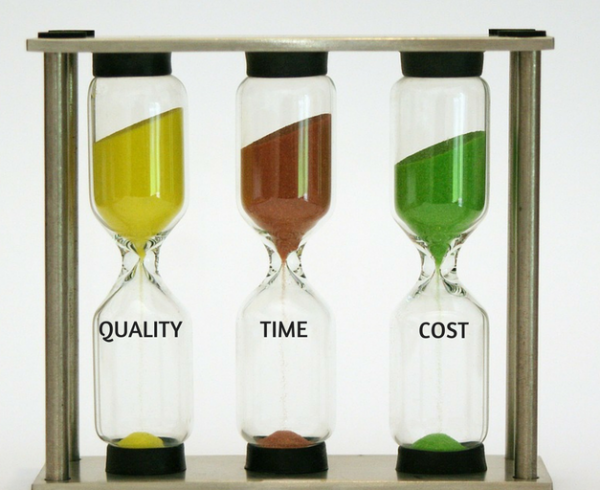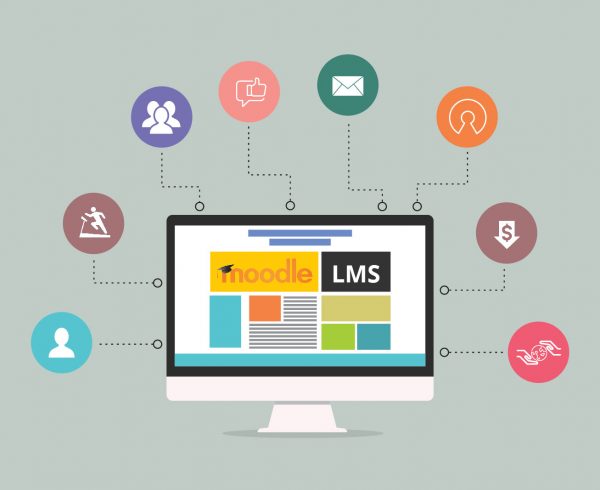Summary
This article outlines the benefits of using AI in sales. It provides a brief overview of what AI is, how it can be used in sales, and the future of AI in sales.
AI has the potential to drastically alter how people work, especially in sales. Although the current usage of AI in sales processes is limited to 37% of all sales organizations, over 50% of top-performing sales companies leverage the use of AI.
Businesses can leverage AI for sales by using AI-powered tools to automate processes such as contact and action capture, as well as mappings to Salesforce.
If you are looking to upscale your sales team performance by incorporating AI in sales, we have the best tips and strategies for you. This blog outlines everything you need to know about AI sales hacks, uses, and benefits of using AI in sales.
Table of Contents:
- What Is AI in Sales?
- Five AI Sales Hacks to Attain High Sales Performance
- What Is the Future of AI in Sales?
- Takeaway
What Is AI in Sales?
AI in sales makes use of AI tools to streamline and improve sales procedures.
Large datasets can be processed with adaptable algorithms, which are housed in software tools. AI solutions are made to assist teams in selling more effectively and saving time.
Artificial intelligence (AI) algorithms learn and make use of already available data in a variety of ways, including the following:
- Carrying out particular duties and making decisions
- Utilizing both recent and historical data to forecast behavior and offer recommendations
- Intelligently interacting with people
Also Read: Revolutionizing Efficiency: The Impact of AI-Powered Workflow Automation on Business Processes
Five AI Sales Hacks to Attain High Sales Performance
There are numerous ways to understand how to implement AI in sales. Here are the top 5 applications that can completely change the way you close deals:
1. Provides Accessibility to Sophisticated Applications and Enrichment of Data
The process of importing data from external sources into an organization’s database—usually a CRM—is known as data enrichment. Developing a more thorough, precise, and comprehensive knowledge of a buyer, potential lead, customer, or process is the aim of this process.
You can optimize data enrichment by using artificial intelligence to efficiently organize and employ this data.
Another intriguing use of AI for data enrichment is analyzing and creating new “types” out of data. With the help of AI, you can create new data points, like lead sentiments and interest-related topics, by “meaning-making” already-existing information in a CRM.
Then, a variety of use cases can benefit from these “new” data points. This covers outreach personalization, lead prioritization, and lead evaluation.
2. Streamline and Improve Sales Enablement
Giving your sales teams and employees the resources and tools they need to close more deals is known as sales enablement. There are numerous approaches and software options for doing this.
Depending on which part of the sales procedure you must automate or optimize, you will have to select different tools.
Consider answering Requests for Proposals or RFPs. Businesses put out 150 RFP responses annually on average, and 35% of their revenue comes from these responses, according to a survey.
However, given that these proposals call for a lot of information, creating and submitting a strong response can take a long time. In this case, sales enablement entails offering tools to control this procedure.
In particular, artificial intelligence offers numerous chances for simplification and improvement. Businesses can make use of AI to assist users in creating and managing evolving content libraries.
When needed, this tool presents pertinent data and even incorporates data from these databases effortlessly into proposals.
3. Helps in Price Optimization
It’s never easy to decide how much, if any, to give a customer. While you are reluctant to negotiate with the profit amount, you also want to complete the transaction.
An AI program can now tell you what the right reduction rate for a proposal is by examining specific components of every prior contract that was awarded or rejected.
Choosing how much of a discount to offer a customer is never simple for businesses. Sales teams using artificial intelligence can assist you in predicting the optimal discount rate by examining the same components of a closed deal.
These attributes additionally comprise:
- The financial worth of the agreement
- Conformance to product specifications
- The number of rivals
- Size of the company
- Industry of the client
- Annual revenue of the client
- Whether the business is private or public
- The number of involved administrators
4. Simplify and Optimize Sales Engagement
Every buyer-seller exchange that takes place during the sales process, from the first reach out to the customer’s initial integration, is referred to as sales engagement. AI can assist you in using information and insights to expedite your workflow in two ways.
AI can firstly assist you in comprehending the needs and problems of your customers.
The primary application of AI in sales is to assist representatives in comprehending the needs of customers. Your understanding of their needs influences every choice you make when interacting with customers; this includes your pitch, sales materials, and general outreach strategy.
Secondly, AI also helps in sales automation and personalize customer interactions by:
- Utilizing pre-defined customization fields to set up automated promotion emails
- A/B testing to maximize the effectiveness of your outreach efforts
- Obtaining AI insights about the interest level of prospects or leads in your outreach campaigns
5. Upselling and Cross-selling
The easiest and most economical way to boost your lucrative revenue is to sell more. Who is more likely to purchase more is the key question. It is a waste of time to market to non-buyers.
Which of your current customers is most likely to want a new product offering or an improved version of what they currently have?
You can find out with an AI system by utilizing data and algorithms to forecast the behavior and preferences of your clients and gain a deeper understanding of them. You can divide up your consumer base using AI according to their demographics, past purchases, browsing habits, reviews, and other variables.
What Is the Future of AI in Sales?
AI will not replace human salespeople in the future. Rather, it will augment their knowledge and experience by giving them the tools and insights they need to thrive in a constantly shifting business environment.
Sales professionals can enhance forecasting, personalize outreach, streamline operations, and develop new skills by utilizing the power of generative AI in the future. But even as we adopt these new tools, it’s critical to remember the value of human interaction in sales interactions and ethical issues.
By finding the ideal balance, sales teams can leverage AI to reach previously unheard-of success levels by enabling them to personalize at scale, optimize strategies, and cultivate sincere connections.
Also Read: Seven Critical Tips While Developing eLearning for Remote Sales Teams
Takeaway
Integrating AI in sales processes can take many forms.
However, identifying the parts of your process that can be streamlined or optimized is a smart place to start if you’d like to take a more deliberate approach to integrating AI into your sales process. Only then can you determine which tools are best for your particular requirements?
If you are looking for AI tools to upscale your sales, get in touch with Hurix Digital. Our offerings facilitate the appropriate interactions for your sales force. For your sales team to successfully navigate and close even the most complicated deals, we have the right tools, data, expertise, and assistance they need.











